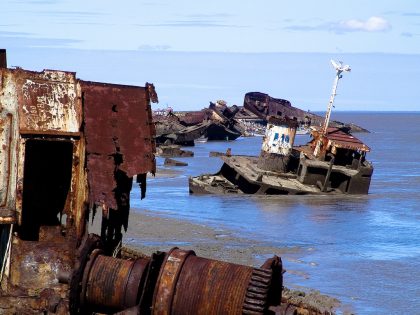It’s been four years now since a small group of armed men targeted a police post in Mocímboa da Praia in northern Mozambique, a small act that grew into a major insurgency targeting civilians, occupying territory and forcing out a major energy company preparing to extract gas offshore in the province of Cabo Delgado. To date, 3500 people have been killed in the armed conflict and 745,000 displaced. The insurgency came to an apparent halt this summer after Rwandan armed forces, and then the SADC mission to Mozambique (SAMIM), arrived in Mozambique to fight it. The current relative calm on the battlefield has invited reflections on whether the military approach is working and what should come next. How could the insurgency in Mozambique grow in this way, and is an international military intervention the right response to stop it?
Much of the current debate among policy makers and analysts makes important assumptions about why and how insurgency begins, pointing to either external influences, such as transnational Islamist terrorism, or the long-term lack of development and marginalization of people in the northern region of Mozambique, leading to grievances that motivate the young and poor to join the insurgency. While these aspects certainly have played a role in Mozambique, we need to take into account the government’s response and how it has helped escalate the conflict and strengthened the insurgency. Ignorance and denial have been core government attitudes that left the party in power, Frelimo, with little understanding and capacity to respond to the growing unrest in Cabo Delgado. Instead, the response of choice—severe repression and a lack of respect for human rights—has nurtured the rebellion. The current stability is therefore, in all likelihood, temporary.




